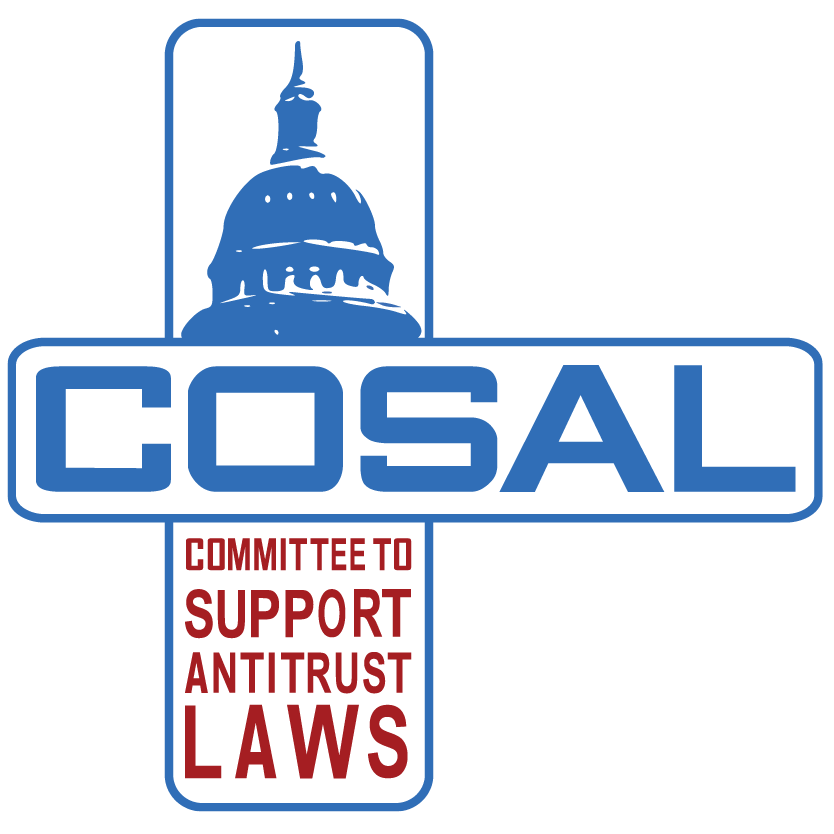Amicus Brief: Scharf v. General Dynamics Corp.
COSAL filed an amicus brief in Scharf v. General Dynamics Corp., et al., in support of Petitioners-Appellants’ petition to reverse and remand the district court’s order granting motion to dismiss the complaint based on a statute of limitations defense. Plaintiffs are naval engineers who allege their former employer-Defendants engaged in an illegal no-poach agreement. They operated the scheme largely through an unwritten “gentleman’s agreement.” Plaintiffs’ employment with Defendants ended in 2004 and 2013, respectively. Accordingly, Plaintiffs alleged fraudulent concealment to toll the statute of limitations, which included allegations that Defendants agreed to keep the alleged no-poach agreement secret and deliberately and consciously avoided putting the agreement in writing. Plaintiffs also alleged that Defendants maintained the conspiracy through continuous affirmative acts of concealment, including directing new hiring managers and executives to keep the agreement secret. Defendants responded that these acts are merely “failure to disclose the alleged conspiracy” which, they argued, does not legally constitute an affirmative act of concealment under Fourth Circuit precedent. The Court agreed with Defendants’ argument, concluding that Plaintiffs’ allegations did not constitute affirmative acts of concealment sufficient to toll the statute of limitations and, accordingly, dismissed Plaintiffs’ complaint as time-barred.
COSAL’s brief argued that (1) the district court incorrectly applied the “affirmative acts” standard by failing to recognize that many types of conspiracies – no-poach conspiracies in particular – are not inherently secretive, and therefore an agreement among Defendants to conceal their no-poach pact is an affirmative act sufficient to toll the statute of limitations; (2) the district court’s order betrays 4th Circuit precedent which rejected previous approaches to fraudulent concealment that emphasized the manner in which defendants concealed their conspiracy over the question of whether a plaintiff could have reasonably discovered the conspiracy earlier; (3) the district court’s order, if adopted, would arbitrarily exclude meritorious cases where the plaintiff could not have discovered the conspiracy earlier; and (4) the district court imposed a burden on Plaintiffs – who, pre-discovery, necessarily have limited access to the facts – that, if adopted, would limit the ability of private parties to bring antitrust lawsuits, especially for labor market cases, where it is particularly easy for defendants to hide their violations.
The primary drafters were Amicus Committee Vice Chair Tony Stauber and Bailey Twyman-Metzger from Gustafson Gluek, with assistance from Amicus Committee Co-Chair David Cialkowski.

